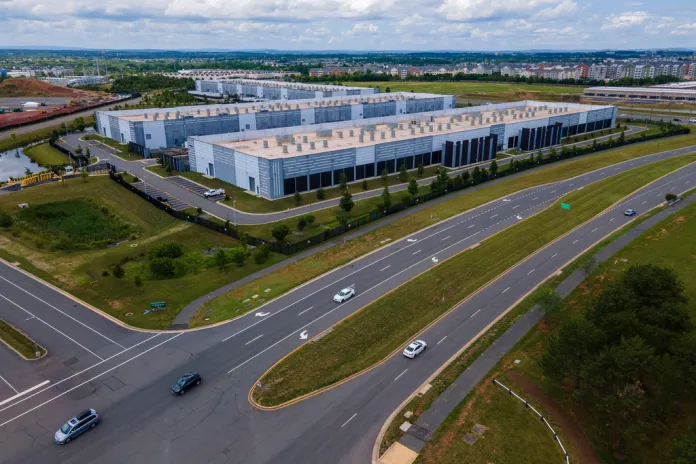AI is (literally) breaking the power grid.
The expansion of artificial intelligence (AI) across different sectors is significantly influencing energy management, particularly in terms of energy consumption and distribution. AI technologies are pivotal in modernizing how energy is produced, distributed, and utilized. Despite these advancements, there are considerable challenges, especially concerning the capacity of power grids. AI systems and technologies, which are intensive in energy usage, risk overloading power grids if not carefully monitored and managed. This can potentially disrupt power supply as the number of AI-powered devices and systems increases.
As artificial intelligence (AI) continues to become a prominent force in various industries, its impact on energy consumption and distribution is becoming more pronounced. AI-enabled technologies are revolutionizing the way we produce, distribute, and consume energy. However, this transformation is not without its challenges, particularly when it comes to the strain they put on power grids.
One of the main concerns with AI-enabled technologies is their potential to overload power grids. These technologies require a significant amount of energy to operate efficiently, and if not managed properly, they can lead to disruptions in the power supply. As more devices and systems become connected to AI algorithms, the demand for electricity increases, putting additional stress on already strained power grids.
To address these challenges, experts are exploring various solutions for managing AI-related grid disruptions. One approach is to implement smart grid technologies that can dynamically adjust energy distribution based on real-time demand. By using advanced sensors and communication systems, these smart grids can optimize energy flow and prevent overloads, helping to mitigate the risks of AI-induced power grid failures.
Another way to alleviate the strain on power grids caused by AI technologies is through the use of energy storage systems. These systems can store excess energy during off-peak hours and release it during peak times, helping to balance the load on the grid. By integrating AI algorithms into energy storage systems, operators can optimize the storage and release of energy, reducing the likelihood of grid disruptions.
while AI-enabled technologies offer numerous benefits in terms of energy efficiency and sustainability, they also pose unique challenges for power grids. By implementing smart grid technologies, energy storage systems, and other innovative solutions, we can effectively manage the impact of AI on energy consumption and distribution. With careful planning and strategic investments, we can mitigate the risks of AI-induced power grid failures and ensure a reliable and sustainable energy future.
" Conservative News Daily does not always share or support the views and opinions expressed here; they are just those of the writer."





